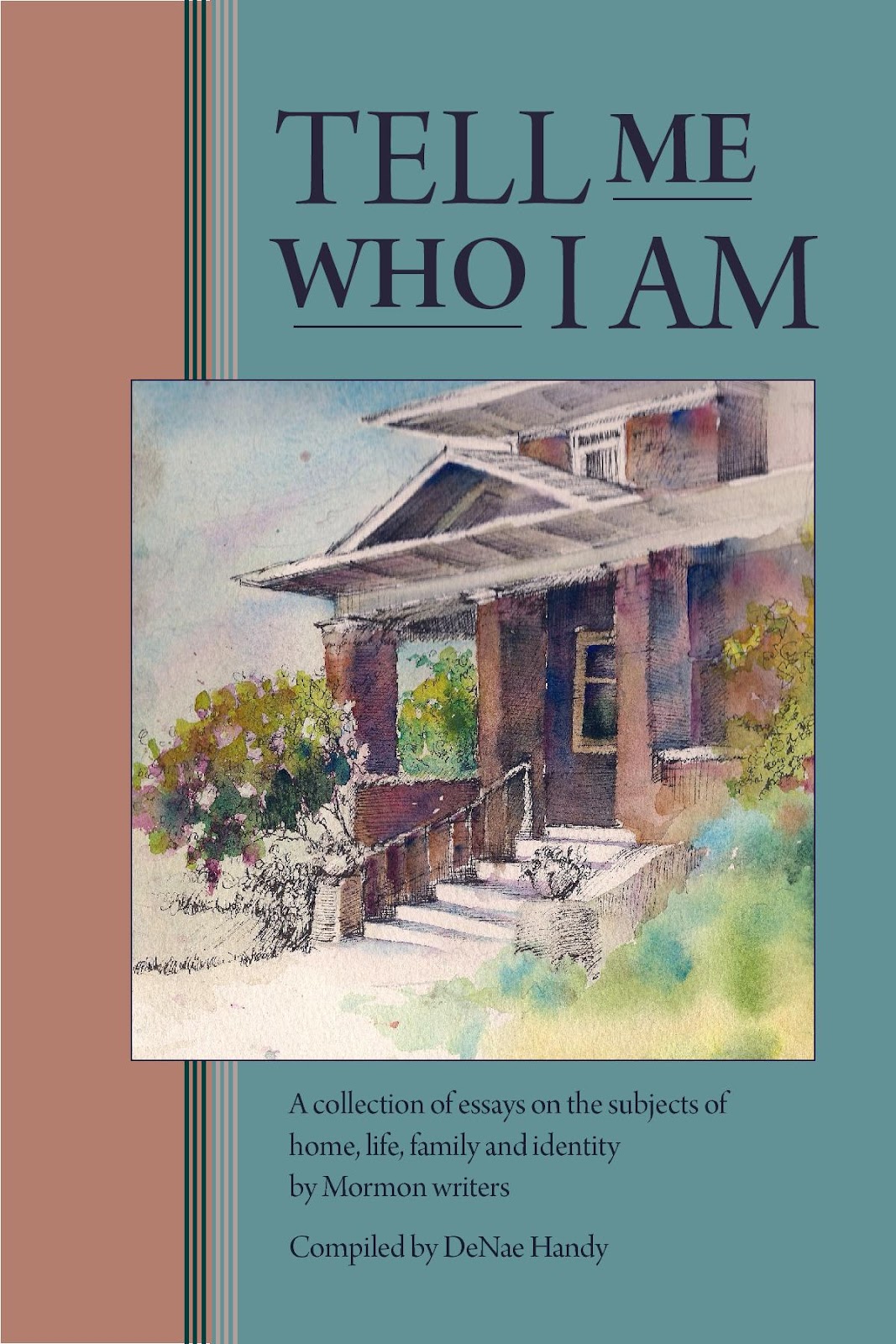Thanks for all the comment love yesterday, peeps. Bet you thought you cruised past the seven comment bar so fast that I wouldn't be ready with something else to post about, didn't you. Didn't you?! Well, ha. I am ready with some burning questions, things I've been wanting, NAY, needing to know for a lonnnnnng time. So for those of you with a handy-dandy linguistics professor in your back pocket (Annette), here's your chance to shine.
Why do we have the letter "C"? We have "S" and we have "K". Why "C"? Is it just for the lame reason of making the "ch" sound? Why can't "kh" do that? It seems to me that letter "C" has been getting a free ride for too long. Being the vocal minority doesn't make you right. Perhaps it's time for "C" to be silenced.
Speaking of silent...why silent letters at all? Most specifically, why silent "k" in knee and knuckle, etc.?
And I have issues with "q", too. Why not have a kween of England or winter kwilts or kwiet time?
This is obviously the tip of a gnarly iceberg, people, but I need to know. Why? Why?
Not why "y". I get "y". Except for the whole vowel thing.
P.S. Why do I have three times as many "J" names in my email directory as any other letter?
How to Decorate Your Home with Canvas Prints
2 years ago

















17 comments:
I love your title. I'll just tell you what I tell my children while teaching them to read in English, when they already understand that in Polish every letter makes ONE sound (apart from combinations): "Because English is stupid."
Was reading this during my staff meeting for work this morning in what I thought was a very sneaky manner, until I got to the end...and I snorted.
You're in big trouble, Miss Melanie. You should put a warning label on your blog that says not to read it in situations where snorting might be considered inappropriate.
The only one I have an answer for is the J question. It's all down to the anglicized version of Guinivere. That opened the floodgates on the Jennifers.
Don't get me started on Juliet either.
Seems to me that C was there before K and so if one of them is going to get a pink slip it oughta be K. If we banish K then nuckle, nee would be fine. However know is going to miss its k. And you'd have to use cw for cween and cwuilt which looks weird.
You really want to know? I'm such a total spaz, that of COURSE I have to answer this. I only knew a little of the answer, but being the word nerd that I am, I dug around and found more. (When I should have been cleaning toilets. My family thanks you.)
I’m not remembering the timeline, but basically people living in Italy (Romans, I think. Or Etruscans. Whatever.) had both /g/ and /k/ sounds and used the same letter for both. That letter was a rounded version of the Greek letter Gamma (Alpha, Beta, Gamma, A, B, C!) so it looked like our C.
Eventually they added a little tick mark to the C to distinguish between /g/ and /k/ sounds, making the letter G for /g/ and then using only C for the /k/ sound.
The trick with English is that it’s a hodge-podge of tons of languages. If we had descended just from the Italian folks, we’d have a C and G but no K.
But then you get the Anglo-Saxons using K to make the /k/ sound, and those words mix in with the ones we get from the Romans using C for the same sound.
And THEN thanks to the Norman conquest, you get French words adopted and thrown into the mix, adding the /s/ sound to C.
It’s madness, people!
But fascinating, no?
If you ever want to find out why the English pronounce “lieutenant” as “luff-tenant,” you know where to look. :D
Okay, Annette, living here in Canada I've always wondered why the "luff-tenant" It always sounds so weird to me.
Funny post Melanie. All those funny letters make it difficult to teach my spelling challenged children.
Stephanie, If you want, I'll post about that soon just for the two of us who enjoy that kind of thing.
Annette, please do. I find it fascinating. The other one that drives me crazy is schedule pronounced as sheduel.
You said "gnarly" which raises even MORE quesions, don't you think? :)
L: I was an English teacher for five years and and I said that A LOT.
Abry: Claim allergies.
K: Wait, okay, what about Juliet?
J: I vote for keeping K because it looks cooler.
A: I want to know about leftenant, too! I told my husband that's how it was pronounced in England and he didn't believe me. Then he heard it in a movie or something and had to apologize. We'd love to know the reasoning behind that, and maybe the "r" in colonel.
H: I thought the g in gnarly kind of subliminally made my point.
My wife is brilliant! Did anyone else catch the second meaning of the title in Spanish?!?!
The letter "q" followed by an apostrophe (q') is a common abbreviation in Spanish handwriting for the word "qué" meaning "what". The phrase "Y qué?" (and by extension "Y q?") means "So what" in Spanish.
My baby's saying "so what" to the "q"! and "so what" to the "c"!
Very clever, baby. Very clever!
Ummm...because J totally rocks! :)
As for the rest of your questions, just the mere *hint* of like kween or kwilt or kwiet makes this former spelling bee champ cringe to the point of curling into a catatonic state. I'm sure there's a reason for all of it...most of it etymological...but I just need the security of knowing that it is what it is.
(I'm unveiling one of my little bits of OCD here.)
I was an English major, too, and it's a running gag in our house (whenever we are stumped with why something is spelled the way it is). When the kids struggle with spelling while doing homework, they look at me like it's MY fault :-).
All I can say is yes, I wonder too, and many thanks to Annette for (sort-of) clearing it up for us! I do want to hear about leftenent too!
Okay, here's the answer. C is the letter for K in Celtic languages--they do not have the letter K (For example, Kevin, a Celtic name, was spelled with a C in the old days . .) So, the words we use that have C as a K sound are Celtic (Irish, Scottish, Welsh). The leftenant thing (okay, I'm not so sure about this one but I'm pretty sure) is because the English deplored the French and since it was a french word, they pronounced it differently. They did the same with other words such as Valet-- they say Val-ett instead of valay and they say guillateen instead of gee-a-teen. Ballet they still pronounce properly but I have always wondered why.
Luff-tentant has a different reason--those other French examples are the English pronouncing things as they're written and abandoning the French way of saying it.
I'll have to post it soon. :)
Oh Melanie I really really want to join you in the anti-C movement. I don't think I had ever noticed it until I was teaching my daughter her letters and as I was going over what c says I thought "this is dumb, what a pointless letter." Please let's get rid of it!
I'm willing to get rid of k too. I'm perfectly happy to let king be qing and candle be qandle and then we can have some peace and quiet (no not kwiet, q is qooler than K)
And don't get me into knight, night, why not nite?
Post a Comment